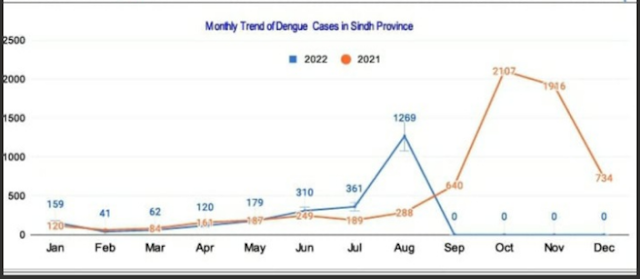Budgets passed, commoners neglected
Budgets shaped by revenue goals and elite interests fail to address rising public distress
Despite receiving the stamp of approval from elected representatives, the national and provincial budgets for the fiscal year 2025–26 — cleared after rounds of presentations, debates, and motions in the assemblies — offer little by way of inspiration or impact for the general public. Once again, they fall short of making even modest commitments to providing immediate relief or targeted investments aimed at reducing poverty, bridging inequality, or significantly improving essential public services such as healthcare, education, and infrastructure.
Instead,
these budgets appear to be well-calibrated documents shaped more by revenue
targets, bureaucratic obligations, and the priorities of industrialists and
market forces. In contrast, the deteriorating living conditions of ordinary
citizens continue to receive minimal attention, and without urgent and
meaningful fiscal support, millions will remain deprived of basic necessities —
from employment to the ability to afford essential goods.
The
National Assembly passed the federal budget with a total outlay of
approximately Rs17 trillion. Out of this, Rs1 trillion (6%) was allocated for
the Public Sector Development Programme (PSDP), including Rs328 billion for
transport projects, Rs39.5 billion for the Higher Education Commission, Rs18.5
billion for other education initiatives, Rs14.3 billion for health, and Rs4
billion for agriculture. The provinces will receive Rs2.869 trillion for their
annual development programmes (ADPs).
In Punjab,
the provincial government presented a Rs5,335 billion budget with Rs1,240
billion (25%) earmarked for the ADP. Key sectoral allocations included Rs148
billion for education and Rs128 billion for health.
Sindh’s Rs3,452 billion budget included an ADP of Rs520 billion (15%). This comprised Rs99.6 billion for education, Rs45.4 billion for health, Rs73.9 billion for irrigation, and Rs132 billion for local government development portfolios.
Khyber
Pakhtunkhwa’s Rs2,119 billion budget included Rs366 billion (17%) for
development, with Rs27 billion for health, Rs20 billion for education, Rs11
billion for water and sanitation, and Rs7 billion for agriculture.
Balochistan
announced its Rs1,028 billion budget, which included Rs249.5 billion (24%) for
development. Sectoral allocations comprised Rs42.8 billion for irrigation,
Rs24.8 billion for secondary and higher education, and Rs16.2 billion for
health.
Yet,
critics remain sceptical of both political and administrative intent when it
comes to delivering public services meant to uplift the lives of the citizens.
Delays in fund disbursement, flawed planning, poor site selection, and late
deployment of staff continue to hamper the functionality of even the most
ambitious projects — often inflating costs while eroding public trust.
It is also
widely acknowledged that the country’s budgets rarely offer short-term optics
of wellness or immediate improvements for the common citizens. Instead, they
tend to focus on long-term goals or structural reforms which hardly
materialise, with little attention paid to current social hardships. This makes
them appear irrelevant to the ground realities and the plight of the majority
of the population of the country.
To be meaningful, budgets must go beyond the number exercise and become instrument of inclusivity, human development, and accountability. The finance bill should reflect the allocations for actual needs of diverse populations and be shaped with broader stakeholder participation — including civil society — to ensure transparency and relevancy to meet urgent requirements of the underprivileged segments of society.
Above all,
political leadership must realise that when budgets fail to prioritise the
needs of the majority — particularly vulnerable groups — they only result in
further deepening public frustration and discontent. A budget is not just a
financial document, it is a test and responsibility of the state towards its
commitment to its people for giving them sustainable means of living.
Editorial/Social
Track, Karachi (June 27, 2025)
ST file photos







Comments
Post a Comment